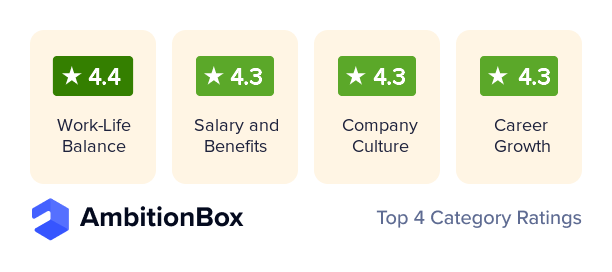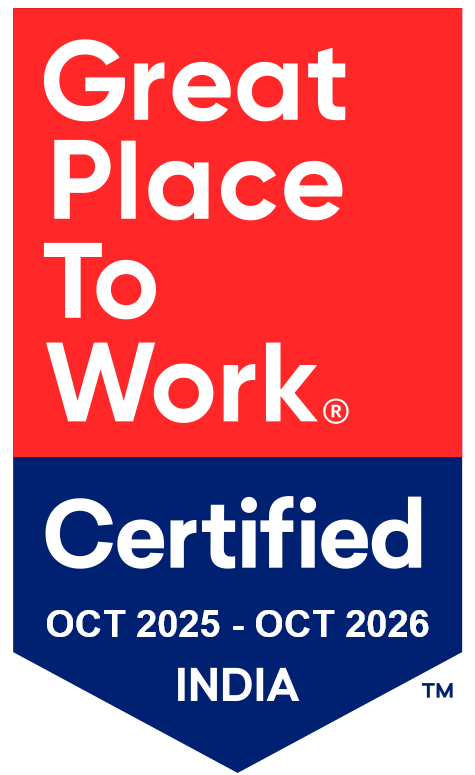One of the key risks emerging out of the global COVID19 pandemic is the extent of potential disruptions to global supply chains. The direct bearing of this is on the demand and supply metrics across industry groups and business functions. The worrying part is, there is no vaccine currently available on the market and the possibility is none would be available in the immediate future – at least 5-6 months. The slack in demand, if prolonged can severely damage business models, forcing business outcomes which may be out of control. Studying the responses by companies the world over, bears out two distinct planes of action:
- At the Business level: Rationalizing available resources to insulate (to the extent possible) from the effects
- At the People level: A range of initiatives common across companies – restricting non-emergency movement, quarantines, health advisories, encouraging social distancing, work-from-home and the like.
These emergency measures, while absolutely necessary during times like these, is expected to take its toll on the business. One of the key areas which is likely to affected is the recruiting and staffing functions in general and the Technology and IT services industry in particular. The sector is expected to bear the maximum brunt of this, being a people-centric business. Experts feel that all non-essential role hiring will be frozen across multiple industries in the weeks to come, which also includes hiring for short-term roles. The UK recruitment market has had some opportunity areas such as Healthcare, Pharmaceutical, Consumer Goods and the like but the overall picture is mixed. UK’s IT sector witnessed a huge drop of 56.5% in job openings month-on-month in April, 2020. Experts believe that contract hiring will pick up faster than the permanent ones as companies are looking to rejig their workforce, plan for future exigencies and create a more agile workforce.
However, there are some emerging cues which can provide opportunities in the short to medium term:
1. Supply-demand mismatch – the savior
Since the past two years, recruiters in the technology domain have been struggling with filling positions across AI/ML, Blockchain, Automation, DevOps etc due to a chronic and sustained mismatch of resource availability and job openings. US, UK are the main countries which have had yawning gaps between talent demand and supply. Since the supply is lesser, short-term disruptions caused due to epidemics such as these will only have a limited impact on jobs. While there is a possibility of budget squeeze and clients rolling back projects and assignments, critical processes such as those dealing with Cybersecurity and Artificial Intelligence will continue to see sustained demand. The growth, however, is expected to remain flat.
Amazon is hiring 100K full and part time employees to service a potential spurt in demand as more and more people are staying at home – both due to higher instances of work from home and self-imposed quarantines. People will be consuming more at home and this open up an opportunity for home deliveries. The key is to identify business triggers that have the potential to provide pockets of opportunities during the phase.
With falling global indices, the global hiring market is set to embark upon ‘non-essential’ hiring freeze and in some cases even a blanket freeze on hiring. A Moody’s Analytics report indicates up to 50% of the current American workforce may face redundancy – that is ~80mn jobs. 27mn jobs pertaining to the airlines, travel & transportation, oil & gas (due to falling global crude prices), leisure, hospitality and temporary help services are at high risk. Another 52mn jobs, particularly in the retail, manufacturing, construction and education sectors are at moderate risk. However, post the 6-8 weeks slowdown and hiring freeze along with the bear market, there is will be a requirement for focused hiring activity – many companies are aware of this reality and they are playing a watching game and hoping this to quickly pass over.
Companies are making arrangements to make available the necessary critical infrastructure to enable people to work from home. While this may not be strictly implemented across a whole lot of industries, IT and ITeS surely has certain things going in favor of them. The gig economy is on the rise as lot more people across the globe are engaged in hustles. This along with the rise in co-working spaces, employers will look to factor in the cost of operations and the benefits that accrue from such arrangements.
The UK recruitment market - a people-centric industry with a large workforce
The Recruitment & Employment Confederation (UK) has come up policy guidelines pertaining to the businesses and functions of recruitment. A new legislation – Coronavirus Bill, expected to be in force by the end of March, 2020 is in the works. The IR35 legislation has been delayed till April, 2021. There could be more policy changes as time passes by and the situation unfolds.
The UK recruitment industry turnover hit £38.9bn in 2018-19 – £33.4bn was the total turnover generated from temporary/contract placements and £5.5bn from permanent placements. For the 119K members of the UK recruitment and staffing community spread across roughly 31K recruitment & staffing firms, the year has been good – according to the REC, 82% of the companies were satisfied with their recruitment partners during the year. Add to this the fact that upwards of 1mn candidates have been placed during the year in permanent positions and on any given day there were 1.1mn temp workers on assignments. The sheer numbers is one of the reasons why the disruptions from the outbreak present both opportunities and potential shocks.
Managing disruptions and uncertainty…
The world has seen disruptions and crises earlier as well; however, what separates the current situation from the earlier ones is the unpredictable nature of the situation. The recession of 2008-2009 had given valuable lessons in terms of building and sustaining a robust recruitment business, but none of the current challenges we see today has a quick fix solution and is not going to be easy to manage. Let’s look at some tools to scale-up and run the show while this is on:
- Superior candidate experienceWhat will differentiate a strong performer from the also-rans is the level of service quality. Nearly 50% of the HR decision-makers feel that lower the number of speculative resumes increases customer experience (Recruitment & Employment Confederation). What has become important here is quality over quantity, despite recruitment being a number-driven function.
- Leadership to motivate and retain talentLeadership counts in times such as these. As demand falls temporarily and talent supply remain static, recruitment leaders, managers, and clients may have to face short-term talent redundancies. It will become essential to instil a sense of leadership in processes and resources.
- Research/Labour market intelligenceA recruiting team which has critical insights in to the functioning of the labor market has an inherent advantage over other teams. Clients & candidates prefer teams with sound knowledge which gives them confidence and a sense of transparency. Additionally, clients feel positively inclined to work with recruiting firms which inform their contingency and long-term strategic planning unambiguously.
- Upskilling/trainingThe window of opportunity that has presented itself affords recruiting firms a comfortable time cushion to enable its workforce gain newer skills to cope up with the changing scenarios. For e.g. apart from delayed implementation, there could be changes and modifications to IR35 and other recruitment-related legislation. This is the right time to identify high-performing recruiters and lead them to appropriate training and skilling programs to work efficiently in an altered scenarios











